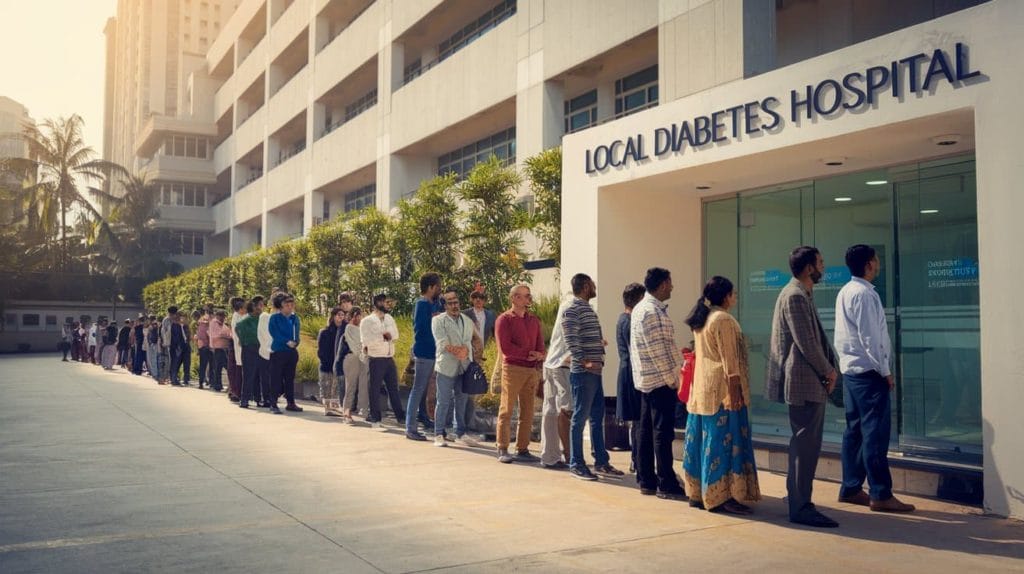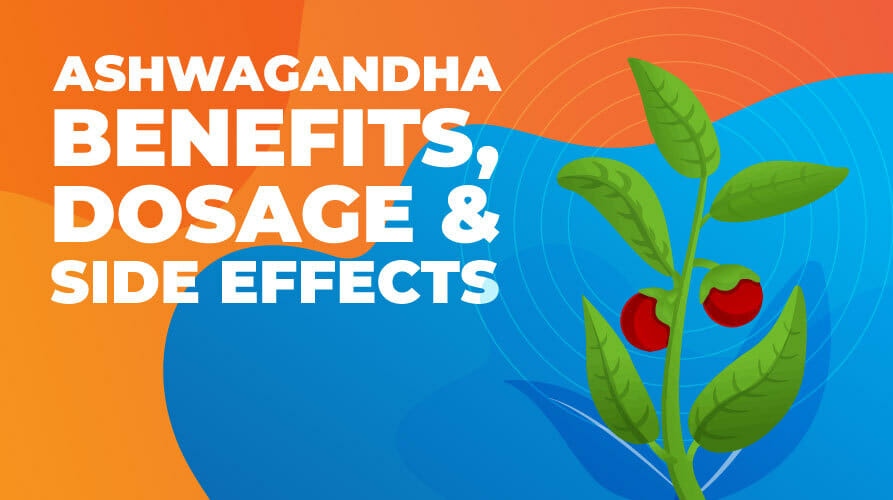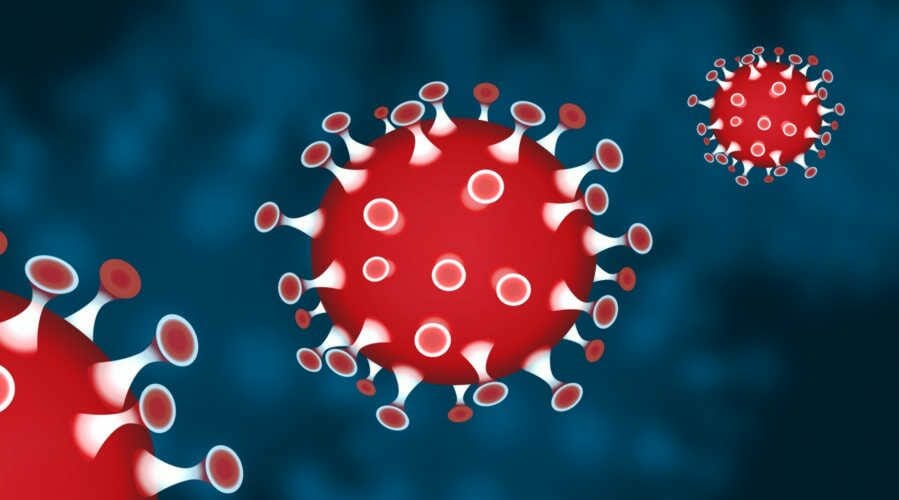Vitamin D, often referred to as the “sunshine vitamin,” plays a crucial role in maintaining overall health. This fat-soluble vitamin is essential for bone health, immune function, and cellular growth. Despite the sunny climate in India, vitamin D deficiency is surprisingly common due to changing lifestyles, dietary habits, and limited sun exposure. This article delves into what vitamin D is, its benefits, normal levels, deficiency symptoms, and measures to correct deficiencies.
What Is Vitamin D?
Vitamin D is a fat-soluble vitamin that helps the body absorb calcium and phosphorus, essential minerals for healthy bones and teeth. It exists in two primary forms:
- Vitamin D2 (Ergocalciferol): Found in plant-based sources.
- Vitamin D3 (Cholecalciferol): Found in Lichen & animal-based sources and synthesised in the skin through sunlight exposure.
How Does Vitamin D Help?
- Bone Health: Vitamin D ensures proper calcium absorption, preventing conditions like osteoporosis and rickets.
- Immune Function: It enhances the immune system, helping the body fight infections.
- Muscle Strength: Adequate levels reduce the risk of muscle weakness and falls, especially in older adults.
- Mental Health: Research links vitamin D to mood regulation and reducing depression symptoms.
- Chronic Disease Prevention: It lowers the risk of diseases such as diabetes, cardiovascular conditions, and certain cancers.
Normal Vitamin D Levels
According to the Indian Council of Medical Research (ICMR):
- Normal: 30-100 ng/mL
- Insufficient: 20-30 ng/mL
- Deficient: Less than 20 ng/mL
Vitamin D Deficiency in Indians
Despite abundant sunlight, studies reveal that 70-90% of Indians are deficient in vitamin D. Factors contributing to this include:
- Limited sun exposure due to indoor lifestyles.
- High melanin levels in the skin, reduce UV absorption.
- Dietary habits are low in vitamin D-rich foods.
- Air pollution blocks UV rays.
Symptoms of Vitamin D Deficiency
- Bone and Joint Pain: Increased risk of fractures and bone deformities.
- Fatigue and Weakness: A constant lack of energy and muscle cramps.
- Weakened Immunity: Frequent infections.
- Mood Changes: Depression and mood swings.
- Delayed Healing: Wounds take longer to heal.
Health Problems Linked to Vitamin D Deficiency
- Rickets in Children: Softening of bones leading to deformities.
- Osteomalacia in Adults: Weak bones causing pain and fractures.
- Cardiovascular Diseases: Higher risk of hypertension and heart problems.
- Type 2 Diabetes: Reduced insulin sensitivity.
- Autoimmune Disorders: Conditions like rheumatoid arthritis and multiple sclerosis.
What to Do if Your Levels Are Low?
- Sun Exposure: Spend 15-20 minutes in direct sunlight daily, preferably between 10 AM and 3 PM.
- Dietary Changes: Include vitamin D-rich foods such as:
- Fatty fish (salmon, mackerel, sardines)
- Egg yolks
- Fortified milk and cereals
- Mushrooms (exposed to sunlight)
- Supplements:
- D3 Supplements: Often recommended for faster absorption.
- Dosage: Follow your doctor’s prescription, typically ranging from 1000 to 2000 IU daily for mild deficiencies.
- Fortified Foods: Opt for fortified dairy products, oils, and cereals available in the Indian market.
- Regular Monitoring: Check vitamin D levels every 3-6 months to ensure improvement.
Comparison of Vitamin D Sources
| Source | Type of Vitamin D | Advantages | Limitations |
|---|---|---|---|
| Sunlight | D3 | Free, easily available | Limited by pollution and lifestyle |
| Fatty Fish | D3 | Rich natural source | Not widely consumed in India |
| Egg Yolks | D3 | Affordable | High cholesterol for some people |
| Mushrooms | D2 | Plant-based, easily available | Less potent than D3 |
| Fortified Foods | D2/D3 | Convenient | Requires consistent consumption |
| Supplements | D3 | Effective for deficiency | Needs medical supervision |
Preventing Vitamin D Deficiency in India
- Encourage outdoor activities and reduce reliance on indoor entertainment.
- Educate about the importance of vitamin D and promote fortified foods.
- Implement routine vitamin D screenings, especially for at-risk groups like children, pregnant women, and the elderly.
Conclusion
Vitamin D is essential for a healthy life, and addressing its deficiency can prevent several health issues. Indians must take proactive measures, including sun exposure, dietary changes, and supplements, to maintain optimal vitamin D levels. Consult a healthcare professional for personalised advice and regular monitoring to ensure good health.





